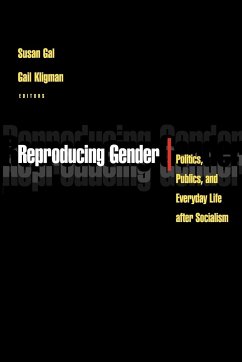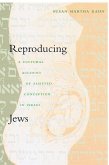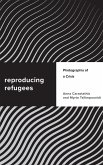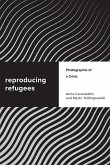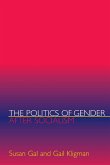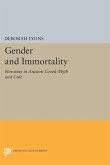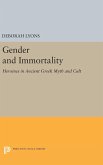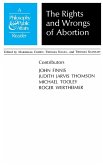The striking fact that abortion was among the first issues raised, after 1989, by almost all of the newly formed governments of East Central Europe points to the significance of gender and reproduction in the postsocialist transformations. The fourteen studies in this volume result from a comparative, collaborative research project on the complex relationship between ideas and practices of gender, and political economic change. The book presents detailed evidence about women's and men's new circumstances in eight of the former communist countries, exploring the intersection of politics and the life cycle, the differential effects of economic restructuring, and women's public and political participation. Individual contributions on the former German Democratic Republic, Poland, the Czech Republic, Slovakia, Hungary, Serbia, Romania, and Bulgaria provide rich empirical data and interpretive insights on postsocialist transformation analyzed from a gendered perspective. Drawing on multiple methods and disciplines, these original papers advance scholarship in several fields, including anthropology, sociology, women's studies, law, comparative political science, and regional studies. The analyses make clear that practices of gender, and ideas about the differences between men and women, have been crucial in shaping the broad social changes that have followed the collapse of communism. In addition to the editors, the contributors are Eleonora Zieliãska, Eva Maleck-Lewy, Myra Marx Ferree, Sharon Wolchik, Irene Dölling, Daphne Hahn, Sylka Scholz, Mira Marody, Anna Giza-Poleszczuk, Katalin Kovács, Mónika Váradi, Julia Szalai, Adriana Baban, MaÏgorzata Fuszara, Laura Grunberg, Zorica Mrseviâ, Krassimira Daskalova, Joanna Goven, and Jasmina Lukiâ.
Hinweis: Dieser Artikel kann nur an eine deutsche Lieferadresse ausgeliefert werden.
Hinweis: Dieser Artikel kann nur an eine deutsche Lieferadresse ausgeliefert werden.

